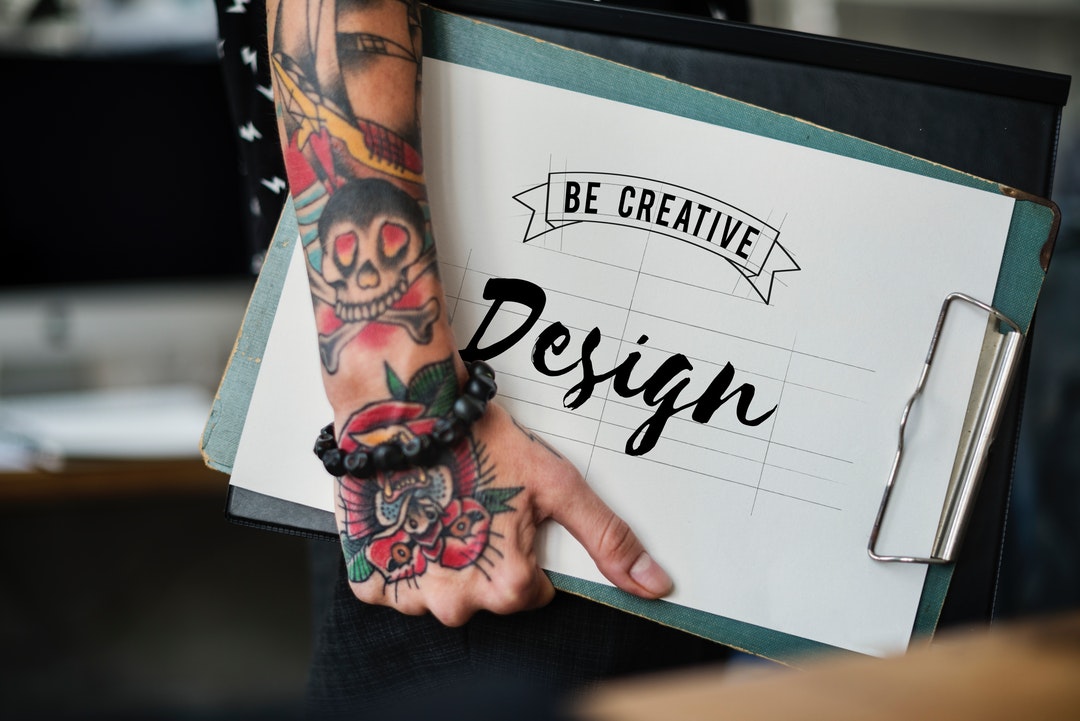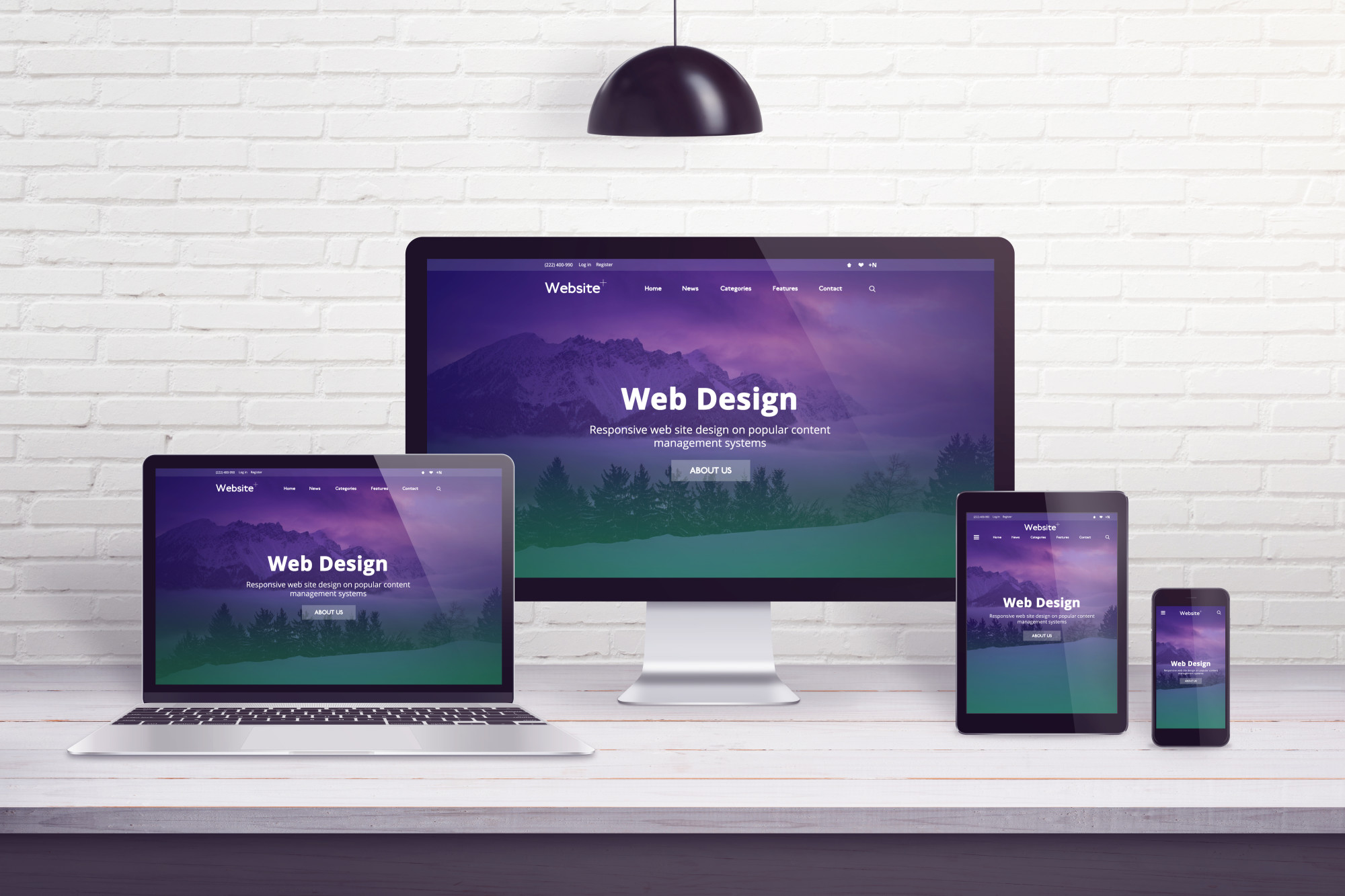In January 2019, there were over 1.5 billion websites out there. New websites are created every day as more people and businesses come online. Existing websites are redesigned from time to time since expectations and standards change.
What this means is that becoming a web designer is a solid career choice. With more than a billion websites and more coming online every day, there’s bound to be work for quite some time.
Now the question is how do you become a good web designer? The first step is to master these basic web design skills. Think of them as the foundation of your career, to carry you through 2020 and beyond.
Basic Web Design Starts With HTML
If you wanted to become a web designer because you didn’t need to code, you should choose another career. While web developers often do the coding, it definitely doesn’t hurt a designer to know a few languages.
When the web was first getting started, HTML was pretty much the only language to code a website in.
Times have changed. Today’s websites are written in many different languages. Languages come and go.
It might surprise you to know that HTML is still kicking around. In fact, it’s still fundamental for a pro web designer to know in 2020.
Why? Well, HTML informs many of the other languages you’ll need to learn. A solid understanding of HTML sets the stage for learning other complex languages.
HTML itself has also changed, so make sure you’re learning the more recent version. Otherwise, your websites might feel like they’re stuck in the 1990s.
Learn About UX and Responsive Design
A web designer should also be familiar with user experience and responsive designs. The two go hand-in-hand.
User experience considers how someone will interact with the site you design. Is it easy to find the information they want? Do they know where they can click and tap?
Well-designed sites support the user experience. The design makes sites not only nice to look at but functional too.
What about responsive design? Responsiveness refers to how your site design reacts to different devices. More people access the web from mobile devices, which means there are different screen sizes to consider.
A responsive design communicates with the device and responds to the information. It optimizes itself for display on that device, which enhances the user’s experience.
Get Familiar With Design Tools
Another crucial set of skills for becoming a web designer is using the tools at your disposal. This might include industry-standard programs like Adobe Photoshop or specific prototyping tools.
You’ll probably spend time prototyping, creating assets like logos, and more. Different tools will aid you in each of these tasks.
It’s never a bad idea to learn several different design tools. Some are specialized to handle one part of the design process, while others are more general tools. The more tools you’re familiar with, the more marketable you’ll be.
Move Beyond HTML
As a web designer in 2020, knowing HTML isn’t enough. You should also learn other languages. Basic languages you’ll likely be expected to know include JavaScript and CSS.
You may want to round out your skillset by learning at least one other language. Some popular languages include:
- PHP
- C++
- Perl
You may leave the programming to a developer, but it helps to understand the structure underneath. Knowing the language can help you design in a way that’s optimized for the language your team is using.
Enhance Your Visual Design Sense
When you think of web design skills, you probably think about visual design. Web design is not graphic design, although having graphic design skills can help.
Visual design sense can be tricky to cultivate. You may think someone has to have design talent, but you can improve your design sensibilities.
Familiarize yourself with the principles of good design and how they apply to digital products. Don’t be afraid to experiment with web palettes or type hierarchy. Mood boards can also be useful tools.
If you’re not sure where to start, reading up on web design tips can help you put your best foot forward.
Brush Up on Your Soft Skills
One thing that’s crucial for how to become a web designer is soft skills. Most people focus on hard skills, like learning a coding language or using design tools.
Your soft skills will serve you well in almost any career, and web design is no exception to the rule.
What are soft skills? They include:
- Communication skills
- Problem-solving and critical thinking
- Time management
- Project management
- Creativity
These skills are difficult to teach, but they’re vital to your career. Communication skills let you have productive conversations with team members and clients alike. If you don’t communicate well, your client may be disappointed with the design you turn over to them.
Project management and time management are also crucial. They allow you to manage tasks and keep projects on track. Delivering on time is key to building a reputation as a reliable and professional web designer.
Learn to Market
One more thing aspiring web designers should learn is some marketing skills. Taking the time to understand social media or SEO will serve you well.
Many designers work as freelance contractors. That means they have to market their businesses themselves.
SEO and other digital marketing techniques are also important to your clients. Many of those techniques focus on website pages. Search engines like Google even rank based on user experience and how quickly a page loads.
Design can help tackle those challenges and contribute to SEO efforts. Familiarize yourself with the basics, and you’ll be even more valuable to your clients.
Begin Building Your Career Today
These are just some of the basic web design skills you should master if you want to start building websites.
If you’re looking for more great advice on starting a career in web or graphic design, you’re in the right place. We have plenty of tips and tricks to share with you.











